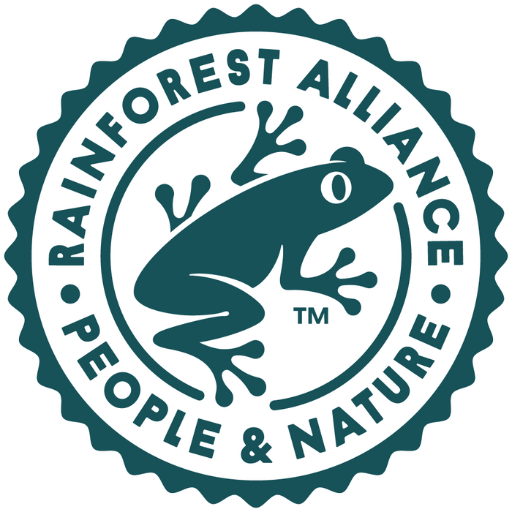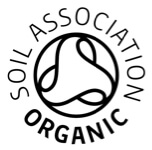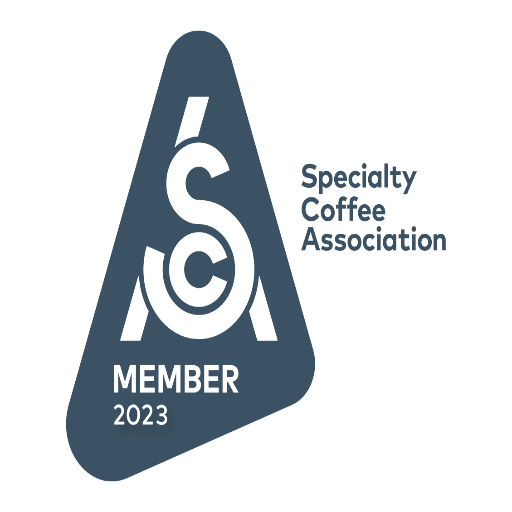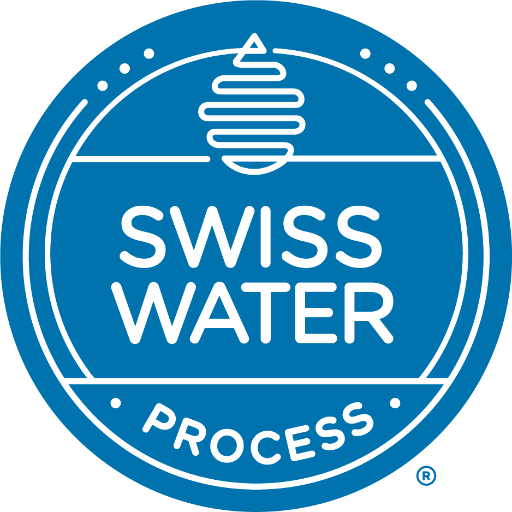We recently embarked on a new relationship with the innovative third-generation coffee producer, Hope Coffee. It is, we hope, the start of another wonderful long-term DRW coffee partnership.
Hope Coffee is based in Huehuetenango, Guatemala. The business is owned and run by the Herrera family, who also own a farm called La Esperanza in San Pedro Necta. The Herrera family have been growing coffee on La Esperanza since 1974.
Don Otto Rafael Herrera Sosa is the son of the farm’s founder. Today he manages the farm, focusing on natural cultivation and living symbiotically with the environment, and supports other producers in the region, along with his two sons, Otto and Octavio.
We catch up with Don Otto to learn a little more about the business and coffee in Huehuetenango.
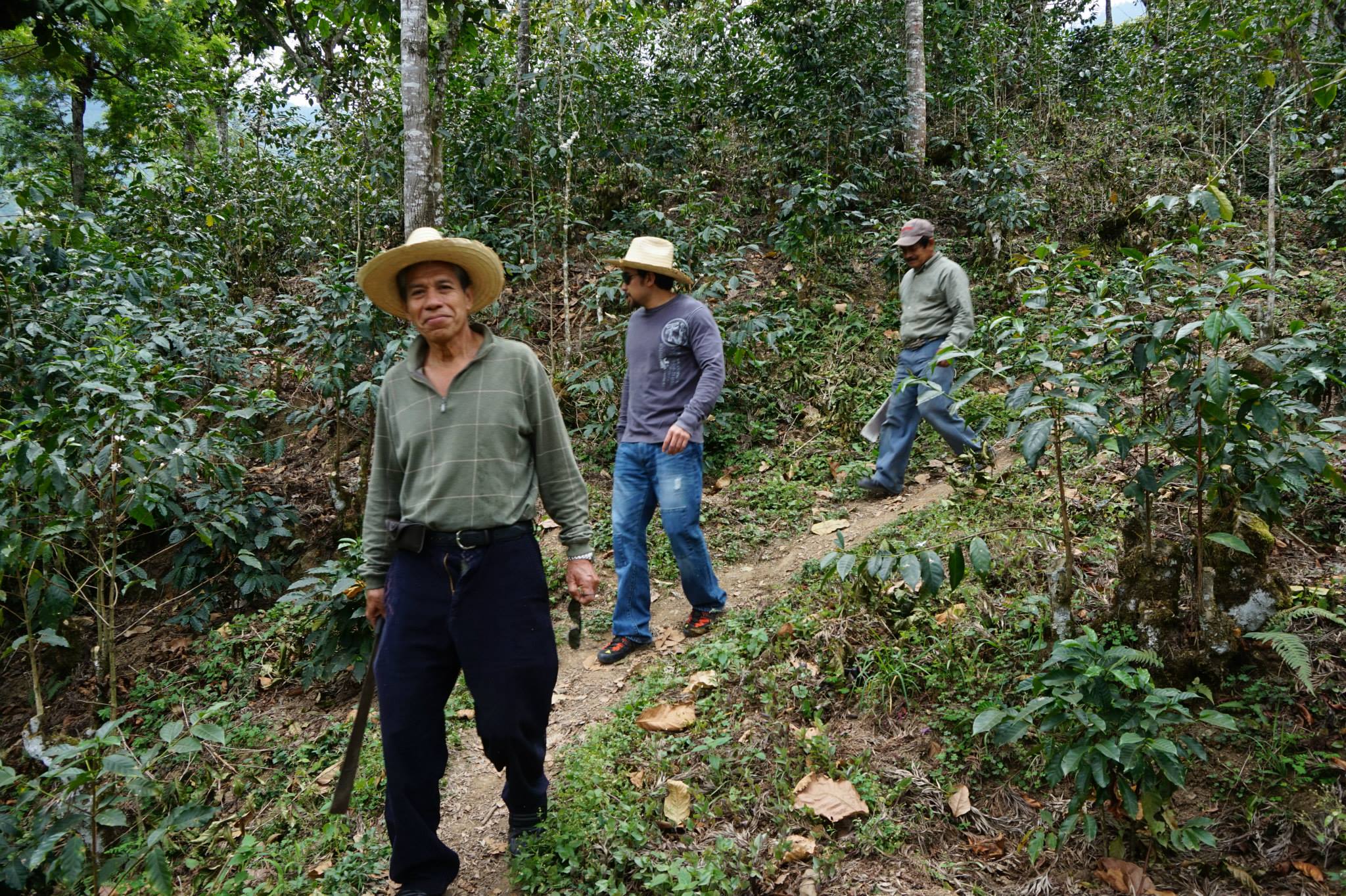
Hola Don Otto!
Tell us about your journey in coffee and what led you to work with Hope Coffee Source.
Im Otto Rafael Herrera Sosa, I’m in charge of Finca La Esperanza and have been since 1998. My father, Octavio Herrera, started planting these lands in 1960 and our focus since the heritage of my father has been to transmit purely the flavors and aromas of our pure soil Huehuetenango to be appreciated in the international market.
What were you doing before you started Hope Coffee Source?
My father was in charge of the farm so I went to university to make myself a lawyer, a profession I still perform in my bureau in Huehuetenango. Despite my profession, I have been involved since I was a child in farming coffee. These are my roots.
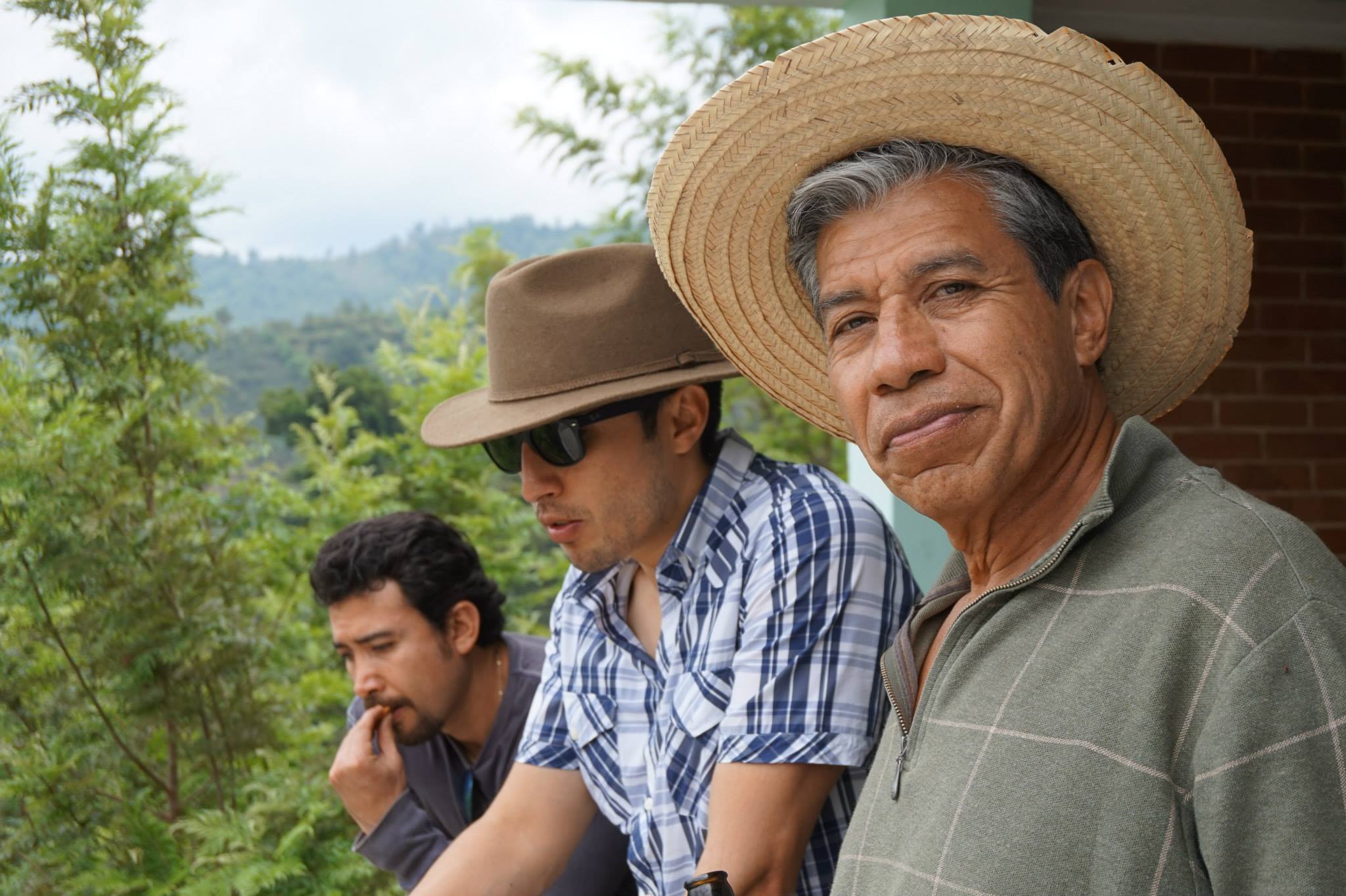 Don Otto Rafael Herrera Sosa, Hope Coffee
Don Otto Rafael Herrera Sosa, Hope Coffee
What does your role look like at Hope?
I focus on guiding people on the farm so we can ensure:
- To use natural seeds in the coffee plantation and never GMO seeds.
- To use only natural fertilizers so we don´t contaminate the soil and we can be sustainable.
- To guide proper traditional good practices so we can bring an artisan product to market.
- I aim to take care of the soil my father took care of in his time.
What does your average day look like at work?
I’m a positive person. I like to take care of myself; I read, do sports and eat natural food and water so I can maintain a good quality of life.
Where did you grow up and where do you live now?
I was born in Huehuetenango. I grew up here until I was 15 years old, then my father sent me and my brothers to study at high school and university in Guatemala City, where I became a lawyer. I currently live in Huehuetenango, 1 hour away from the farm. I visit the farm often to ensure my roles are correctly applied. I believe my people share my enthusiasm for preserving the soil and delivering an artisan product.
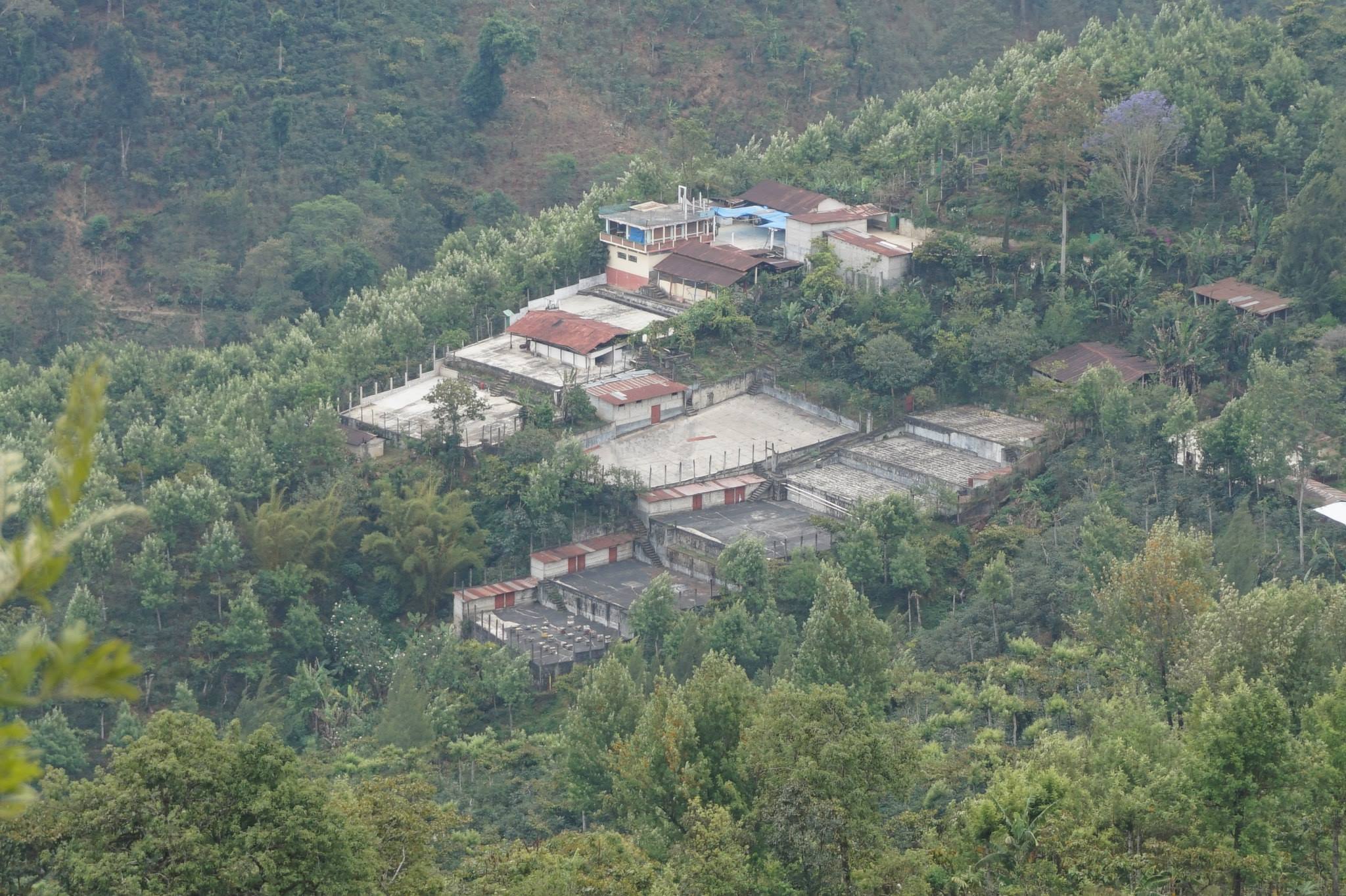
What’s your favourite thing about living where you do?
Surely the weather and the landscapes. We have a lot of microclimates that brings the opportunity to harvest unique varieties of vegetables and fruit. I enjoy natural clean food and I still believe everyone should get to know this is human wealth.
Is there anything you like to do in your spare time?
I enjoy reading, trekking and biking in natural environments. I drink wine since my sons are wine importers and breathe the natural air.
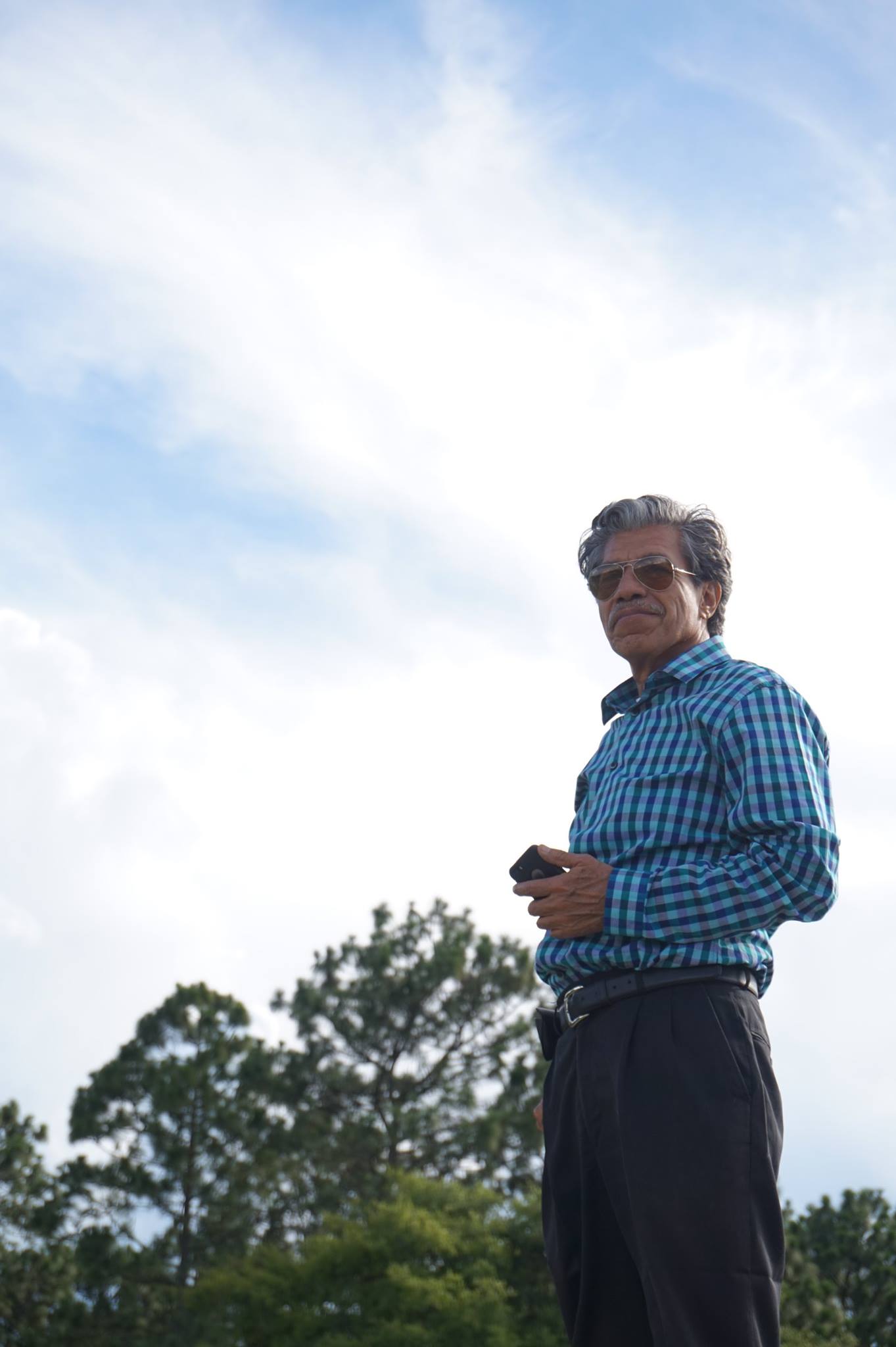
Hope Coffee Source
Tell us a little bit about Hope Coffee Source.
Hope Source is a concept me and my sons created to bring consumers good coffee grown with good traditional artisan practices and in a sustainable way.
La Esperanza and Hope Coffee are now in their third generation of the Herrera family. How has the farm and operation changed through the generations?
Definitely! We have reached more countries that enjoy an artisan product, but we have still to work on developing better marketing so we can communicate our essence and our country as the best in quality coffee.
How many producers do you work with? How does the relationship with Hope help support these producers?
We work with 50 producers. We promote our essence and style which is producing coffee with traditional and sustainable good practices to preserve our soil. I believe this is the best way we can be allies, under a good concept and a good mission.
Sustainability and traceability have been core values of Hope since its establishment in 1974. How do these values translate to the company today?
For me more is less, so our concept is very practical but to me, it is my essence. We focus on:
- Having coffees produced in sustainable ways with old traditional techniques
- Taking care of coffee until it reaches a final destination where it can be appreciated
- Enjoy the way our final clients appreciate an artisan product.
- We search for allies who share our concept, we aim to promote Guatemala as the best country for quality coffee.
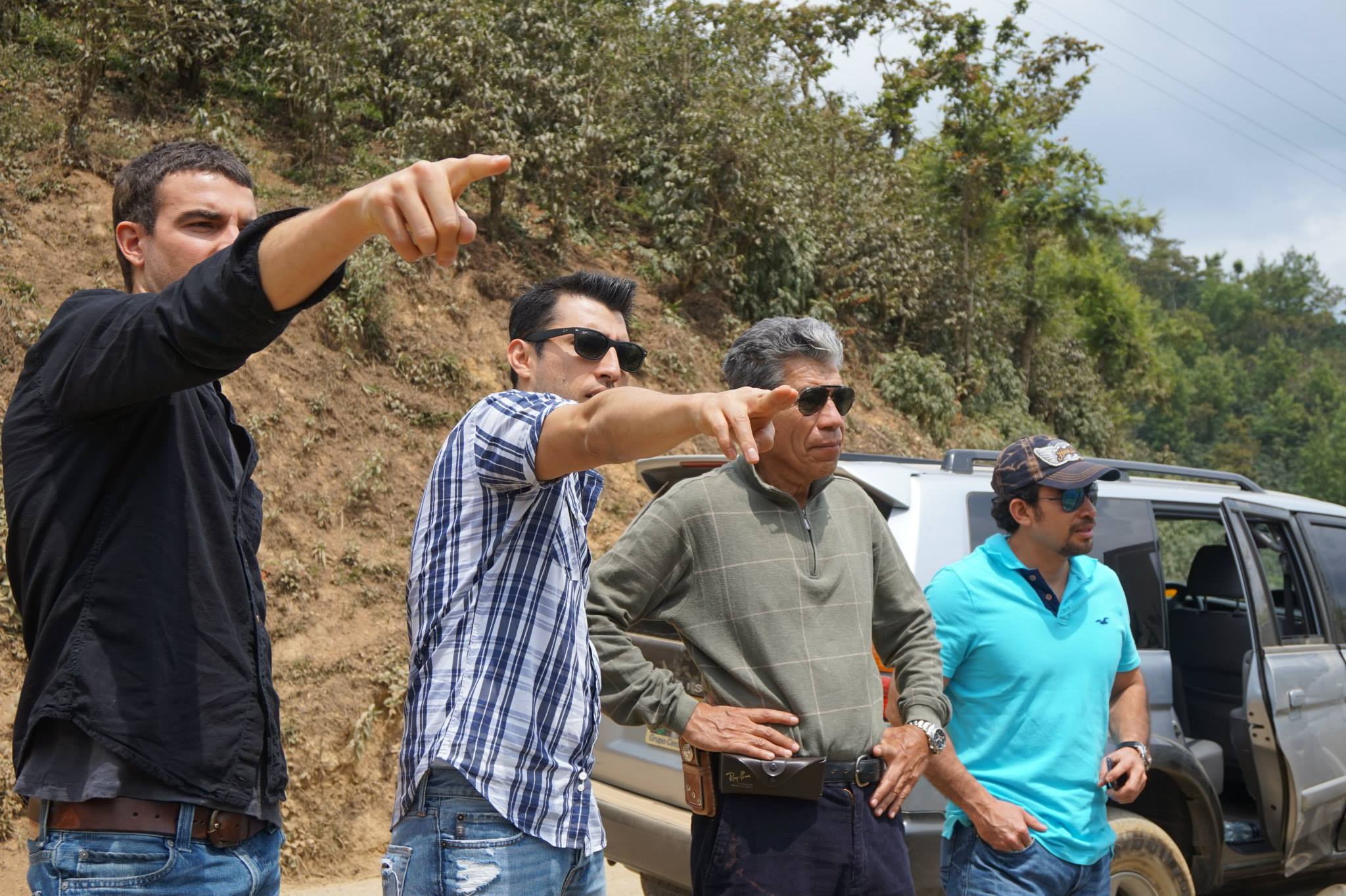
San Pedro Necta
What is the town like? What is there to do?
It is actually a small village located in the West of Huehuetenango, close to the borders of México. It is basically an agricultural area, this zone is highly appreciated for gourmet coffees which is the main source of wealth of the region.
If you had 1 day to spend in San Pedro Necta, how would you spend it?
Surely waking up early. Prepare a good coffee. Have breakfast in front of a good landscape. Talk to the locals mostly about coffee and sustainability for the region, and look for ways to improve the region.
Are there any local dishes you would recommend?
- Pepian – Chicken with a special local sauce.
- Jocon – Chicken with a green local sauce made of herbs.
- Vegetables and spicy soups are also great.
What does coffee grown in this area taste like?
Of the three non-volcanic regions, Huehuetenango is the highest and driest under cultivation. Thanks to the dry, hot winds that blow into the mountains from Mexico’s Tehuantepec plain, the region is protected from frost, allowing Highland Huehue to be cultivated up to 6,500 feet (2,000 meters). The extreme remoteness of Huehuetenango virtually requires all producers to process their own coffee. Fortunately, the region has an almost infinite number of rivers and streams, so a mill can be placed almost anywhere.
The coffee is mostly: Fine, intense acidity with a full body and pleasant wine notes, caramel and chocolate.
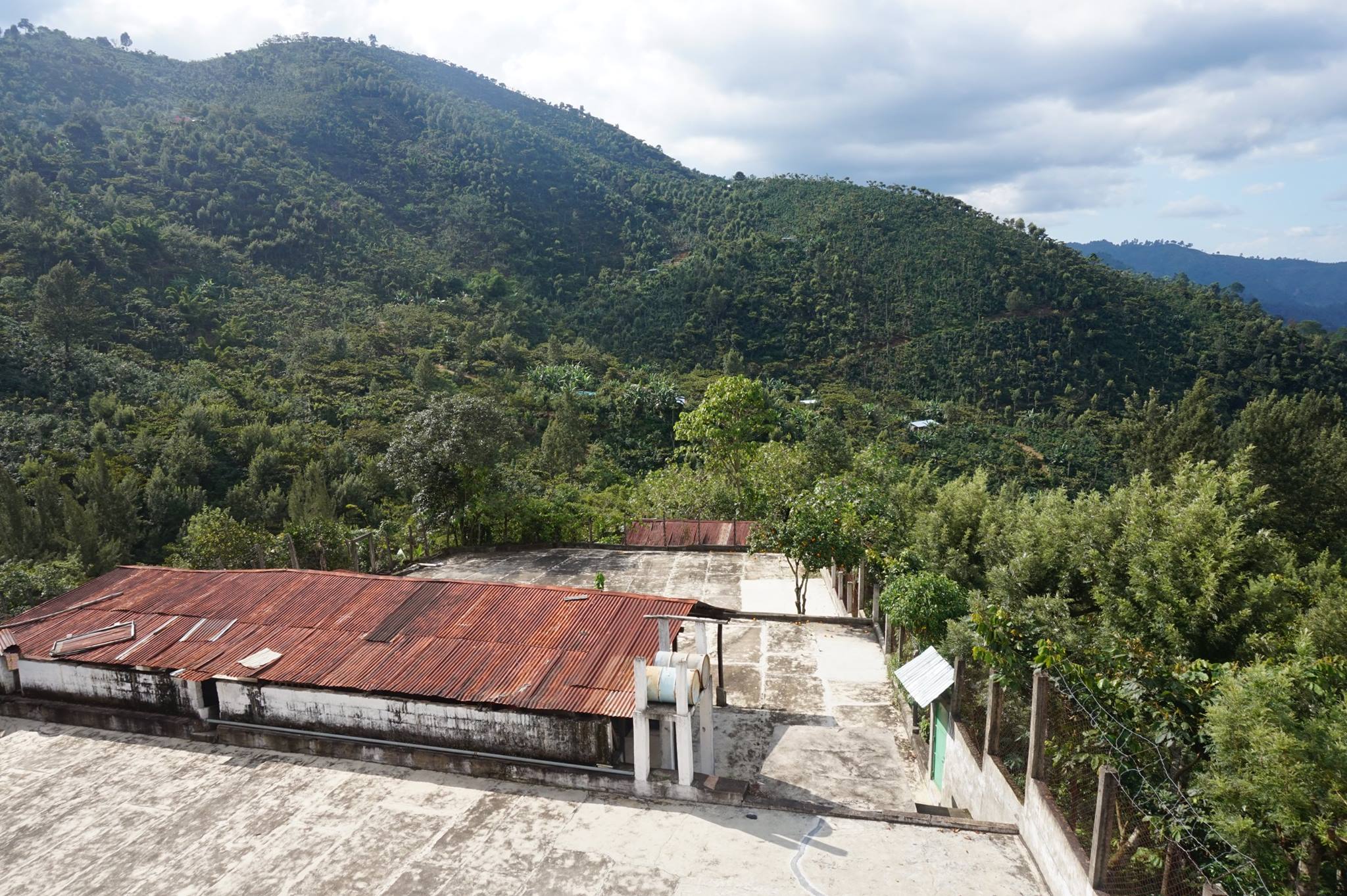
Coffee
What do you think has changed in the coffee being produced at La Esperanza over the last 45 years?
Mostly we have moved to understand year by year how to produce a truly organic coffee that represents the richness of our soil. Understanding every area of our farm in terms of shadow, sunlight hours per year, the rain and the local natural fertilizers that come from nature itself.
What types of coffee are grown and produced on the farm?
- Caturra
- Catuai
- Bourbon
Are there any interesting developments happening with Hope Coffee Source at the moment you’d like to tell us about?
We would love to improve our marketing, generate valuable content and develop properly a website, social media, videos and more information about the farms we represent. All of this will help us communicate well our concept, our essence and, most importantly, to show the world how the best quality coffee is made in a unique artisan way. We are working now on planning for the 2022 and the future.
We would also love to increase the availability of the varieties of coffee o our farms and with the local producers who share our passion and our concept and essence.
What are the biggest challenges for coffee producers in Guatemala today?
- Climate change: This is affecting gravely the coffee cycle. Harvests are delayed every year, yields are getting lower and the final consumers doesn´t know what is happening. This may affect in the short term the producers by producing decreasing of margins and the feasibility to continue growing coffee, or even there is a big risk to migrate to another agricultural product.
- International pricing: While the coffee cycle is being affected and yields are decreasing, transport costs are increasing due to a global container crisis. We feel and notice that importers in the world and roasters are not prepared to transfer these costs to final clients.
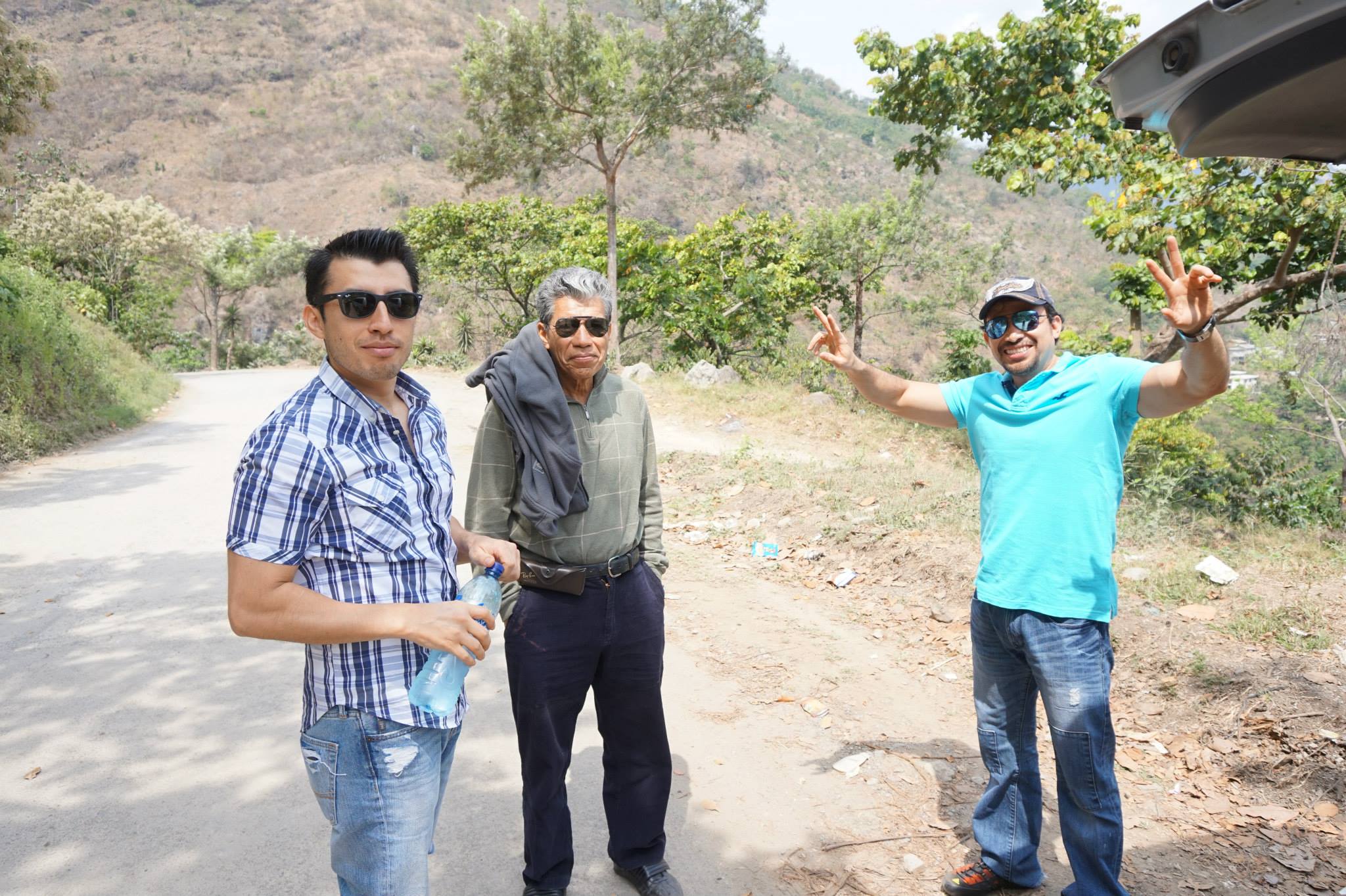
Are you reading and books or listening to any music at the moment that you’d like to share?
I have enjoyed reading all my life about coffee, law, and law doctrine from the Romans and the Greeks, as well as local news. About music, I’m still in love with the Golden Era of Spanish and Latin American musicians from the 60,s and 70s, and also I enjoy some music my sons introduce to me.
Outside of Guatemala, do you have a favourite coffee producing origin?
I have a deep respect for Ethiopia and Kenia, they are comparable to Guatemala and some of them are better.
How do you enjoy drinking your coffee?
Every morning reading the news or hiking a mountain.

